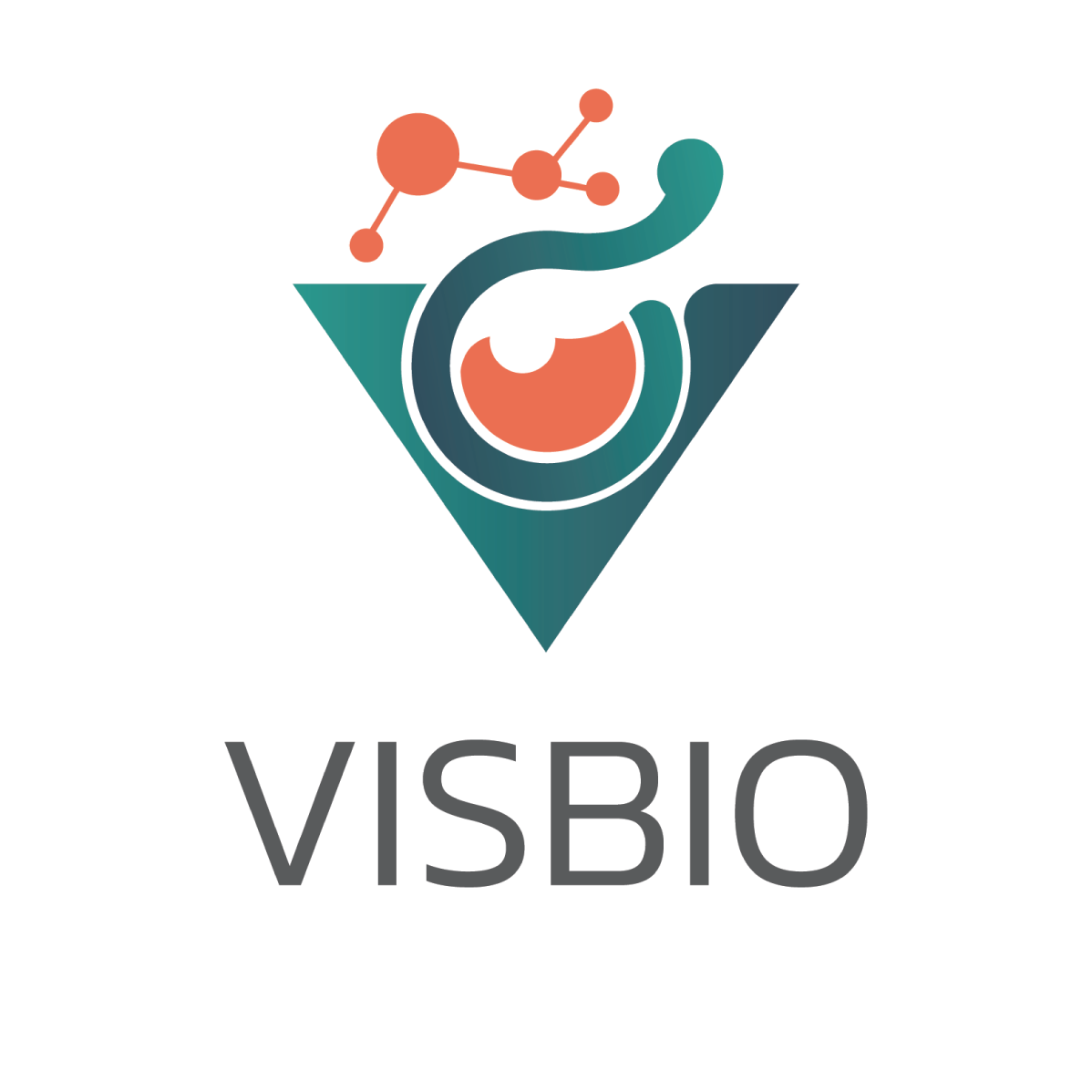Natural products have always played a crucial role in drug discovery, offering unique chemical structures and potent bioactivities. Among these, xanthones, a class of polyphenolic compounds, have been particularly prominent due to their wide-ranging pharmacological properties. These compounds have shown promise in multiple therapeutic areas, including antibacterial activity and cancer treatment, particularly targeting critical enzymes like EGFR-tyrosine kinase involved in cancer cell proliferation. With the global health landscape continuing to demand innovative therapies, researchers have increasingly turned to xanthones for potential solutions.
In this context, the recent study “Antibacterial and EGFR-Tyrosine Kinase Inhibitory Activities of Polyhydroxylated Xanthones from Garcinia succifolia,” led by Associate Professor Dr. Kiattawee Choowongkomon, focuses on the identification and biological evaluation of polyhydroxylated xanthones isolated from Garcinia succifolia. The study explores the dual role of these compounds as antibacterial agents and EGFR-tyrosine kinase inhibitors, highlighting their potential for treating bacterial infections and EGFR-related cancers. By understanding the molecular interactions and bioactivity of these compounds, the research opens the door for new therapeutic approaches.
Dual Role of Xanthones: Antibacterial Agents and Cancer Therapeutics
Xanthones have been identified as powerful bioactive compounds with a wide range of pharmacological effects, including antioxidant, anti-inflammatory, and anticancer activities. In this study, polyhydroxylated xanthones isolated from Garcinia succifolia were evaluated for their antibacterial properties and their ability to inhibit EGFR-tyrosine kinase, a key enzyme involved in cancer cell growth.

EGFR (epidermal growth factor receptor) plays a pivotal role in signaling pathways that regulate cell proliferation, differentiation, and survival. Overexpression or mutations of EGFR are often associated with the development and progression of various cancers, including non-small cell lung cancer and colorectal cancer. Tyrosine kinase inhibitors (TKIs) that target EGFR have become an essential part of cancer treatment, but drug resistance remains a challenge. This study identifies polyhydroxylated xanthones as potential inhibitors of EGFR, offering new opportunities to develop more effective cancer therapies.
On the antibacterial front, the study demonstrates that these xanthones exhibit potent activity against Gram-positive and Gram-negative bacteria, offering a promising alternative in the fight against antibiotic-resistant strains. The dual functionality of these compounds as both antibacterial agents and EGFR inhibitors positions them as valuable candidates for further pharmaceutical development.

Mechanism of Action: EGFR-Tyrosine Kinase Inhibition
The EGFR-tyrosine kinase pathway is a critical target in cancer therapy due to its role in promoting cancer cell survival and proliferation. Inhibiting this pathway can block the signals that lead to uncontrolled cell growth, making it a promising target for drug development. The polyhydroxylated xanthones isolated from Garcinia succifolia were tested for their ability to inhibit EGFR-tyrosine kinase in cancer cells, with significant results.
The study employed molecular docking and enzyme inhibition assays to evaluate how these xanthones interact with the active site of EGFR-tyrosine kinase. The findings showed that the compounds formed strong hydrogen bonds with key amino acids in the EGFR binding pocket, effectively blocking the enzyme’s function. This mechanism of action is similar to that of existing tyrosine kinase inhibitors (TKIs) but offers the advantage of being derived from a natural source, which could lead to fewer side effects and improved patient outcomes.
Moreover, the ability of these compounds to target both wild-type EGFR and mutant forms that are resistant to existing TKIs makes them particularly valuable in overcoming drug resistance in cancer treatment. The identification of these natural inhibitors opens up new avenues for targeted cancer therapy using plant-derived compounds.
Antibacterial Activity: A Promising Solution for Drug-Resistant Infections
In addition to their cancer-fighting potential, the polyhydroxylated xanthones from Garcinia succifolia exhibited significant antibacterial activity. The rise of antibiotic-resistant bacteria has become a global health crisis, with drug-resistant infections causing millions of deaths annually. Natural compounds like xanthones offer a promising alternative to traditional antibiotics by disrupting bacterial cell walls and inhibiting critical enzymes necessary for bacterial survival.

The study evaluated the antibacterial properties of the xanthones against common bacterial strains, including Escherichia coli, Staphylococcus aureus, and Pseudomonas aeruginosa. The compounds showed potent activity, particularly against Gram-positive bacteria, making them strong candidates for the development of new antibacterial therapies. The mechanism of action involves the inhibition of DNA synthesis and the disruption of bacterial cell membranes, leading to bacterial cell death.
By targeting multiple bacterial pathways, these xanthones could potentially overcome the limitations of current antibiotics, offering a solution to the growing problem of multi-drug resistant (MDR) infections. This dual antibacterial and enzyme inhibition activity makes these compounds particularly exciting for pharmaceutical companies looking to develop new treatments in both oncology and infectious diseases.
What Does This Mean for Your Business?
For companies in the pharmaceutical, biotechnology, and healthcare industries, the discovery of these polyhydroxylated xanthones offers a dual opportunity in both antibacterial drug development and cancer therapeutics. As the demand for targeted cancer therapies and natural antibacterial agents continues to grow, investing in the development of these xanthones could provide a competitive edge in the market.
The ability of these compounds to inhibit EGFR-tyrosine kinase is particularly significant for companies looking to expand their oncology portfolios. The global market for EGFR-targeted therapies is substantial, and natural compounds with this bioactivity could offer a new class of EGFR inhibitors with reduced side effects compared to synthetic drugs. Additionally, the increasing resistance to current antibiotics makes the antibacterial properties of these xanthones a timely discovery. Businesses that invest early in the development of these compounds could capitalize on the urgent need for new antibacterial drugs to combat resistant infections.
Moreover, by collaborating with research teams like Dr. Kiattawee’s, companies can accelerate the commercialization of these compounds, gaining access to intellectual property rights and early market entry for innovative treatments. The discovery of plant-based therapies aligns with the growing consumer preference for natural, sustainable healthcare solutions, offering further market appeal.
Shaping the Future of Cancer and Antibacterial Treatment
The identification of polyhydroxylated xanthones as both EGFR inhibitors and antibacterial agents marks a significant step forward in natural product-based drug discovery. As the pharmaceutical industry continues to face challenges such as drug resistance and the need for more targeted therapies, compounds like these offer promising solutions. Their ability to function as both cancer therapeutics and antibiotics positions them as versatile tools in the fight against disease.
As research into these compounds continues, the potential for optimizing their structures to enhance their efficacy and reduce toxicity will be key to developing new blockbuster drugs. With the global need for innovative treatments only increasing, polyhydroxylated xanthones from Garcinia succifolia could play a pivotal role in shaping the future of both oncology and infectious disease treatment.
Partner with Us for Cutting-Edge Drug Discovery
We invite pharmaceutical and biotech companies to explore the potential of these polyhydroxylated xanthones for the development of new therapies in both cancer and infectious diseases. Contact us for a free consultation to learn how your business can collaborate with our research team to bring these promising compounds to market

About the Author:
Associate Professor Dr. Kiattawee Choowongkomon is an expert in biochemistry, with over 200 scientific publications. His research focuses on natural product drug discovery, protein structure, and enzyme inhibition. Dr. Kiattawee has collaborated extensively with industry leaders to translate cutting-edge research into commercially viable healthcare solutions.
About the Research:
This study, titled “Antibacterial and EGFR-Tyrosine Kinase Inhibitory Activities of Polyhydroxylated Xanthones from Garcinia succifolia,” was published in Molecules and is available via DOI: 10.3390/molecules191219923. The research highlights the isolation and biological evaluation of polyhydroxylated xanthones, exploring their potential as both antibacterial agents and EGFR-tyrosine kinase inhibitors.


